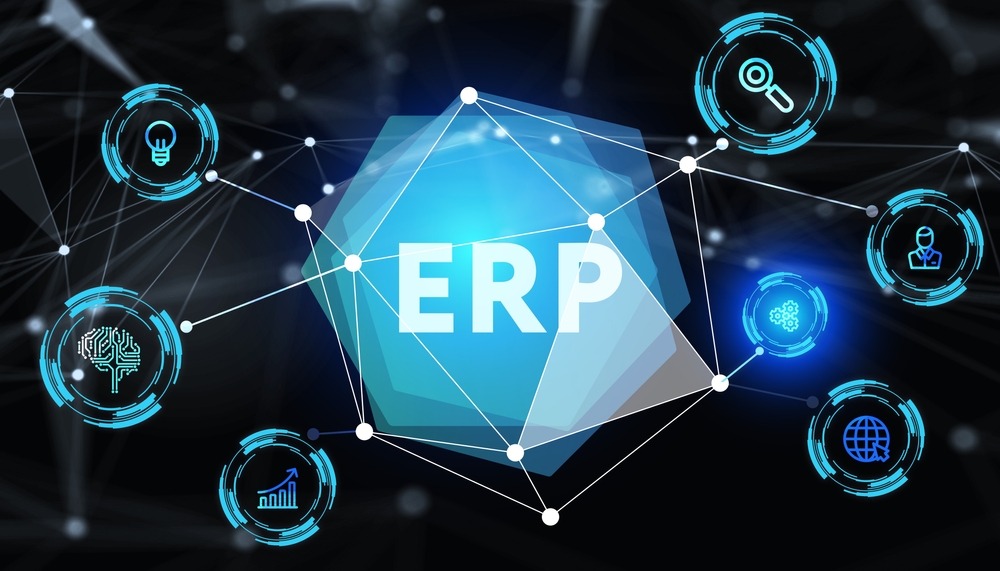Enterprise Resource
ERP, brief for Venture Asset Arranging, encapsulates a modern approach to overseeing a company’s assets and forms. Whereas the acronym offers a see into its reason, it doesn’t completely capture the breadth of ERP’s usefulness. At its center, an ERP framework serves as a comprehensive commerce computer program arrangement, consistently joining different operations and capacities over an organization.
Imagine ERP as the nerve center of a company, coordinating and streamlining everything from fund and human assets to supply chain administration and client relationship administration. It’s like an advanced brain that empowers effective arranging, execution, and observing of assignments and assets over departments.
By solidifying information and forms into a bound-together stage, ERP enables businesses to make educated choices, optimize workflows, and improve collaboration. Whether it’s following stock levels, overseeing finance, or analyzing deal patterns, an ERP framework gives a centralized store of data, cultivating straightforwardness and agility.
In substance, ERP rises above simple programs; it’s a vital device that adjusts organizational exercises with overarching objectives, driving proficiency, efficiency, and competitiveness in today’s energetic trade scene.
What is an ERP system?
In an organization, different commerce capacities work concurrently, enveloping regions such as Bookkeeping, Deals Administration, Acquirement, Human Assets, Client Relationship Administration (CRM), Stock Administration, Quality Control, Coordination, Promoting, Extend Administration, Fabricating, and more. These capacities speak to the different operations that contribute to the company’s by and large execution and success.
Automation plays a significant part in executing these capacities productively. Numerous companies depend on different program bundles to mechanize diverse viewpoints of their operations. For occasion, they may utilize computer programs like Microsoft Office for common office errands, specialized bookkeeping computer programs for monetary administration, CRM computer programs for client intelligence, and custom computer program arrangements custom fitted to particular trade needs. Thus, information gets to be scattered over different frameworks and put away in distinctive groups and locations.
This fracture regularly comes about in wasteful aspects, as divisions work with their claim strategies, shapes, records, and endorsement forms, leading to duplication of endeavors and information inconsistencies.
In addition, an ERP (Venture Asset Arranging) framework offers a comprehensive arrangement by coordinating all perspectives of the commerce into a single bound-together stage. It solidifies information and forms from over the organization, streamlining operations and giving a centralized store for data. By mechanizing the whole company’s operations, an ERP framework improves productivity, efficiency, and productivity. It disposes of the requirement for dissimilar frameworks, lessening information excess and making strides in information exactness. Eventually, ERP execution can abdicate critical benefits in terms of productivity picks up and in general trade execution. organizations can maximize the benefits of their ERP speculation and drive feasible development and competitiveness in the showcase.
Advantages of an ERP system
Actualizing an ERP framework brings approximately transformative changes in how a company works and oversees its assets. Centralizing information capacity guarantees that all data is open from a single area, killing the requirement for different information sections and diminishing the chance of irregularities or mistakes. This streamlining of forms amplifies to standardized workflows, where predefined strategies direct each perspective of trade operations, from arrange preparation to stock administration and beyond.
The genuine control of an ERP framework lies in its explanatory capabilities. Solidifying information from different sources empowers in-depth investigation and announcing, encouraging educated decision-making at all levels of the organization. Directors pick up important bits of knowledge into execution measurements, permitting them to distinguish zones for advancement and make convenient alterations to optimize effectiveness and quality.
Moreover, the comprehensive outline given by an ERP framework engages company authority to work out more noteworthy control over operations. They can screen advancements in real time, recognize bottlenecks, and actualize procedures to improve efficiency and asset utilization.
As a result of these efficiencies, companies encounter unmistakable benefits such as diminished squandering, expanded efficiency, and strides in item quality. This not as it were interpreted into fetched reserve funds but also improves client fulfillment by conveying items and administrations more productively and dependably. Eventually, the appropriation of an ERP framework reinforces the company’s competitive position in the showcase, clearing the way for supported development and victory.
ERP system improves your process
When setting out on the execution of an ERP framework, it’s vital to collaborate closely with prepared trade specialists who have a profound understanding of different businesses. Together, they analyze existing commerce forms to recognize regions for change. A compelling ERP program bundle consolidates thousands of best-hones custom-made to assorted divisions, giving a strong establishment for handle enhancement.
Experienced experts bring priceless experiences into industry-specific Jones, drawing from their information on how other companies execute comparable forms. By sharing bits of knowledge about the preferences and drawbacks of diverse approaches, experts engage the administration to fundamentally assess their claim forms and decide the most viable techniques for execution inside their organization.
Successful ERP execution regularly leads to critical advancements in organizational structure. Whereas a strong ERP framework can adjust to existing trade forms, it moreover offers the opportunity to optimize workflows and streamline operations. By adjusting forms with industry-best phones and leveraging the auxiliary system given by the ERP framework, companies can accomplish more noteworthy effectiveness and adequacy in their operations.
Furthermore, a comprehensive understanding of the basic steps included in ERP usage is basic for victory. From starting arranging and necessities gathering to framework arrangement, testing, and preparing, each stage requires cautious consideration of detail and collaboration between partners to guarantee a smooth and effective sending. By taking these steps tirelessly, organizations can maximize the benefits of their ERP speculation and drive feasible development and competitiveness in the showcase.
Why doesn’t everyone have an ERP system?
Actualizing an ERP framework without a doubt upgrades organizational productivity and productivity, preparing administration with ideal apparatuses for viable commerce control. In any case, the pivotal address emerges: when ought a company to start the selection of an ERP framework? Most businesses begin little, obtaining as it were what they require at the minute, regularly starting with fundamental bookkeeping capacities. As the company extends, different forms may be overseen and controlled utilizing apparatuses like Exceed Expectations or other specialized computer programs, such as venture administration applications. In any case, as the complexity and volume of operations increase, wasteful aspects begin to surface.
Indeed, ERP frameworks are eminent for their high costs and complexity, discouraging numerous from seeking their usage. Be that as it may, the clear costs of ERP execution frequently pale in comparison to the covered-up costs related to keeping up wasteful bequest frameworks. Hesitation in embracing ERP arrangements as it worsens resistance to alter, propagating wasteful work hones. Tedious information passage not as it were leads to mistakes but moreover fortifies obsolete workflows, ruining flexibility and innovation.
Transitioning to an ERP framework may appear overwhelming, requiring critical vitality and exertion. However, the genuine costs lie in the propagation of wasteful Jones and the missed openings for change. As businesses advance, contributing to an ERP framework gets to be less a matter of fetch and more a key basis for remaining competitive in an energetic commercial center. Eventually, the benefits of ERP execution far exceed the seen challenges, clearing the way for maintainable development and victory.


